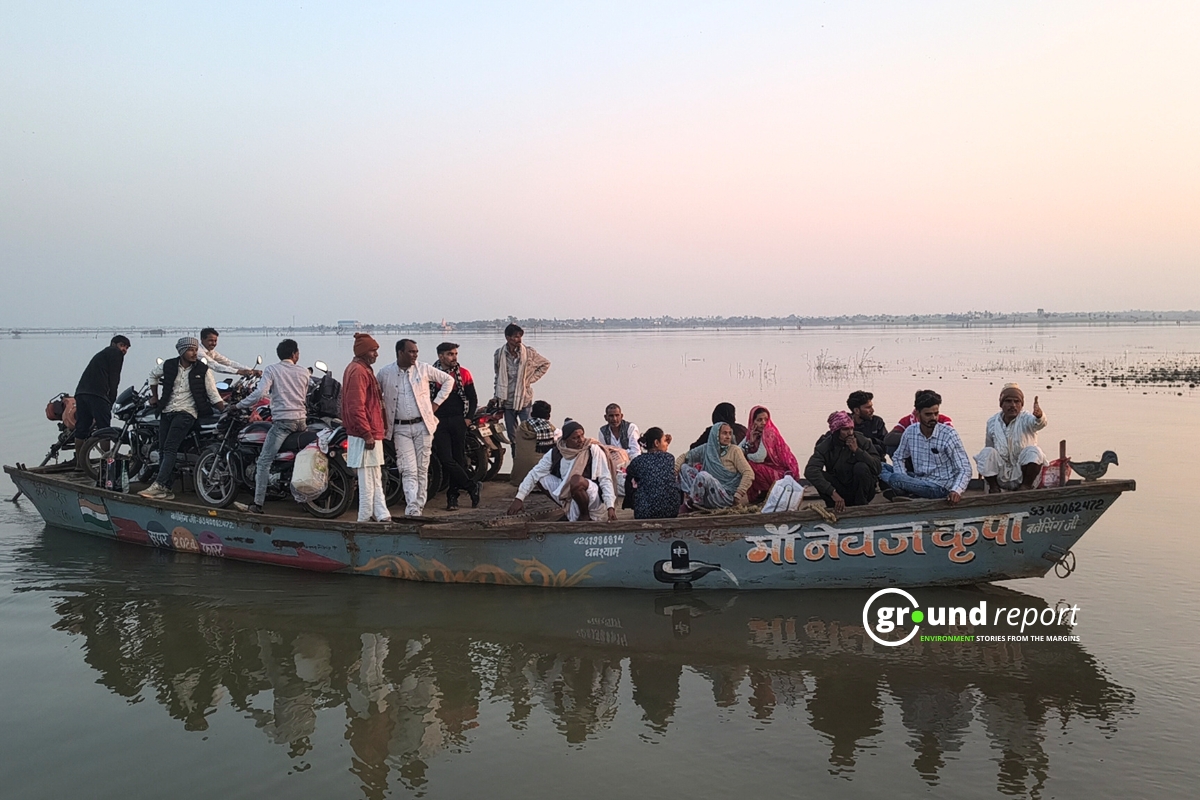February 2025 is officially the hottest February in India since 1901, per the India Meteorological Department (IMD). The mean temperature was 22.04°C, 1.34°C above normal. This follows a worrying trend, as January 2025 was also one of the warmest, and 2024 was the hottest year in India’s history.
February 2025: India’s hottest February
The IMD warned that the upcoming summer (March-May) will see above-normal temperatures across most of the country, with more heatwave days. This raises concerns about its impact on agriculture, public health, and water availability.
February 2025 was one of the driest in 125 years, with less than half the usual rainfall. Central India and the southern peninsula experienced the most severe deficits, while East, Northeast, and Northwest India saw slightly better conditions.
IMD senior scientist D.S. Pai said “We expect intense heatwaves in Rajasthan, Gujarat, Madhya Pradesh, Maharashtra, Uttar Pradesh, Bihar, Jharkhand, West Bengal, Odisha, Chhattisgarh, Andhra Pradesh, Telangana, and parts of Karnataka and Tamil Nadu from March to May.
In Madhya Pradesh, the winter chill is fading, and February has seen rising temperatures. Major cities like Bhopal, Indore, and Ujjain have recorded daytime temperatures over 30°C, with cool nights. By the month’s end, temperatures are expected to rise further, marking an early transition to summer.
With wheat and rapeseed crops maturing, excessive heat could negatively impact yields. Farmers facing delayed sowing due to earlier weather disturbances may see reduced output as higher temperatures accelerate maturation.
Experts are concerned about heatwave health risks for vulnerable groups like the elderly, children, and those with pre-existing conditions. Heat-related illnesses like dehydration and heatstroke could rise sharply in the coming months.
Heatwaves threaten elderly, children
Climate and weather experts attribute this extreme heat to climate change and the absence of western disturbances that usually bring cooler winter weather. Former IMD director K.J. Ramesh stated, “Climate change impacts are becoming more evident each year. The early arrival of summer in 2025 follows a global pattern of significantly above-normal temperatures.”
Anjal Prakash, a climate policy expert at the Indian School of Business, Hyderabad, emphasized the need for urgent climate action. “Rising temperatures call for better urban planning, increased green cover, and improved water management. Cities like Delhi, Mumbai, and Bengaluru are vulnerable due to the urban heat island effect.”
Experts have called for better early warning systems for communities to prepare for extreme heat events. “We have strong forecasting capabilities, but public awareness and response mechanisms need strengthening,” said Subimal Ghosh of IIT Mumbai. He suggested that if people are alerted in advance, they can take precautions like avoiding outdoor activities during peak heat hours.
With March-May bringing higher temperatures, authorities and the public must prepare for another challenging extreme heat season. As climate change drives record-breaking temperatures, India will need long-term strategies to mitigate its effects and adapt to a warmer future.
Support us to keep independent environmental journalism alive in India.
Keep Reading
California Fires Live updates: destructive wildfires in history
Hollywood Hills burning video is fake and AI generated
Devastating wildfire in California: wind, dry conditions to blame?
Los Angeles Cracks Under Water Pressure
From tourist paradise to waste wasteland: Sindh River Cry for help
Follow Ground Report on X, Instagram and Facebook for environmental and underreported stories from the margins. Give us feedback on our email id greport2018@gmail.com.
Don’t forget to Subscribe to our weekly newsletter, Join our community on WhatsApp, and Follow our YouTube Channel for video stories.






